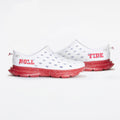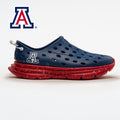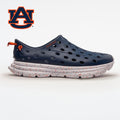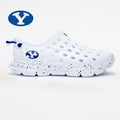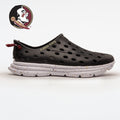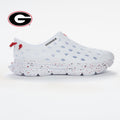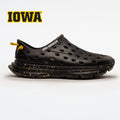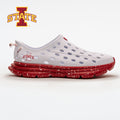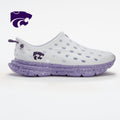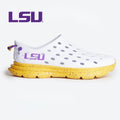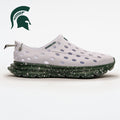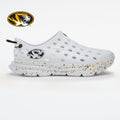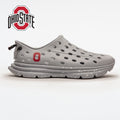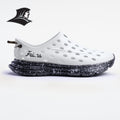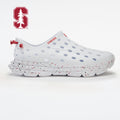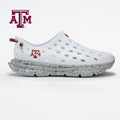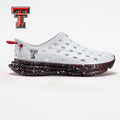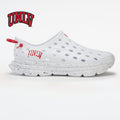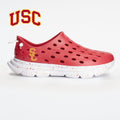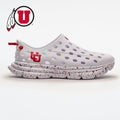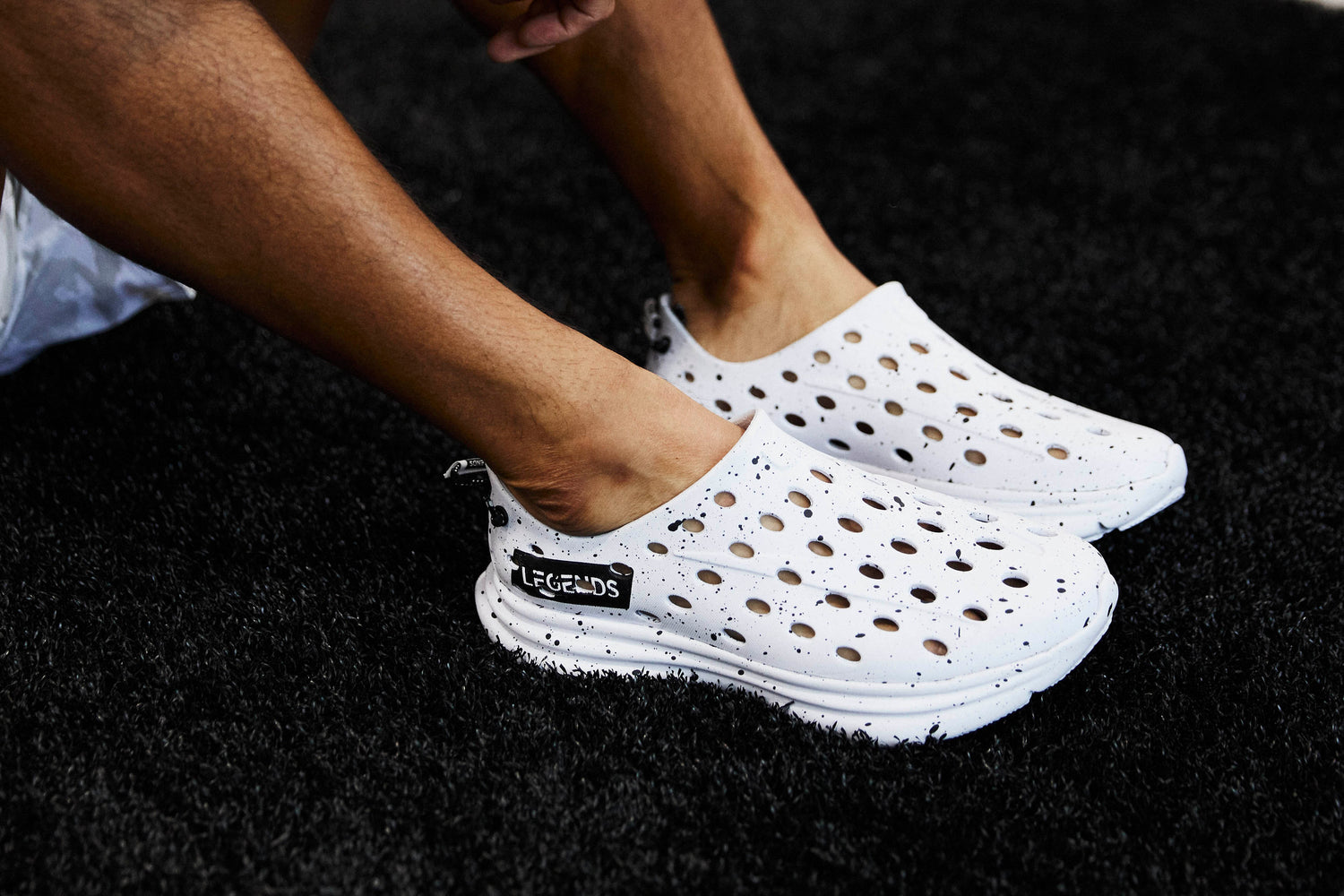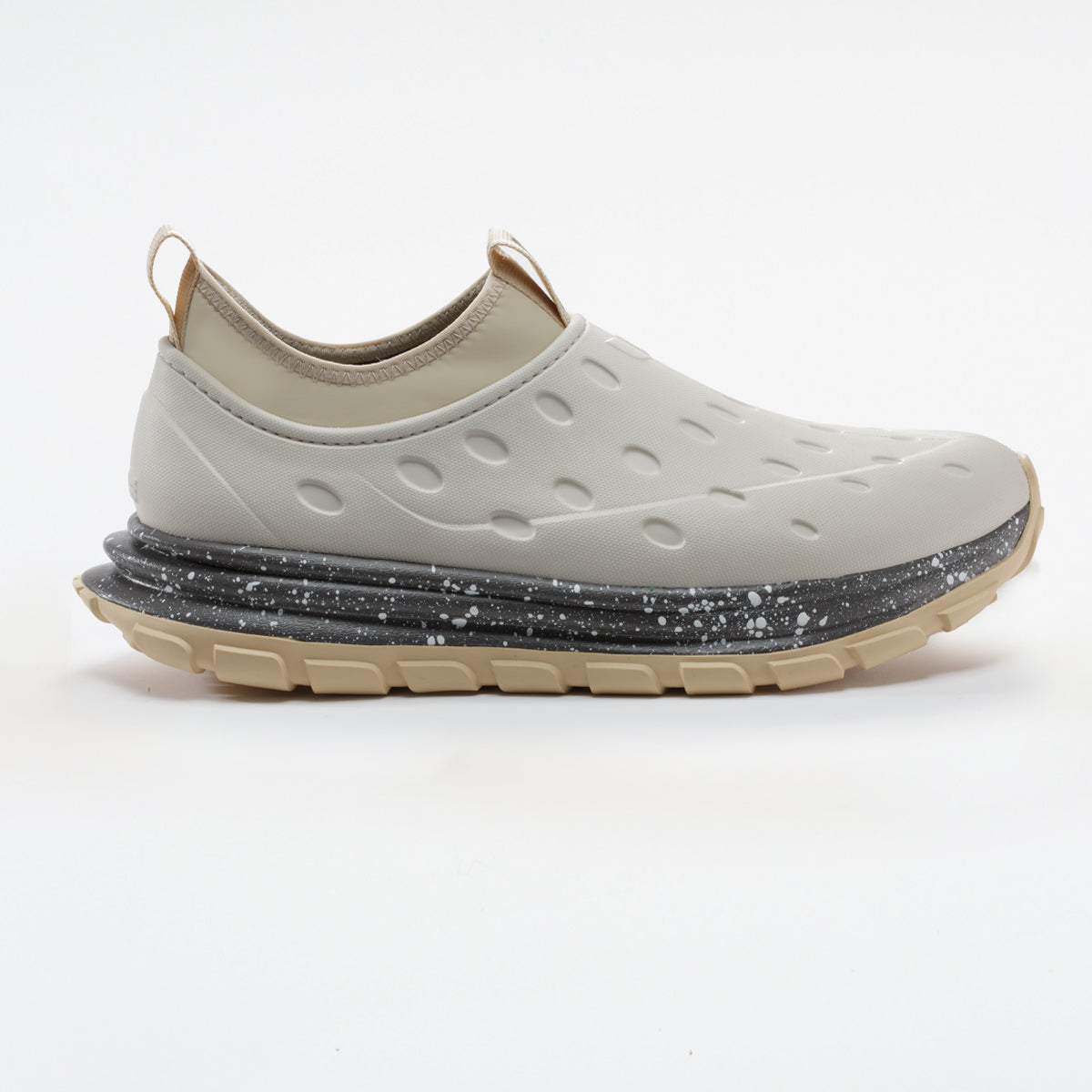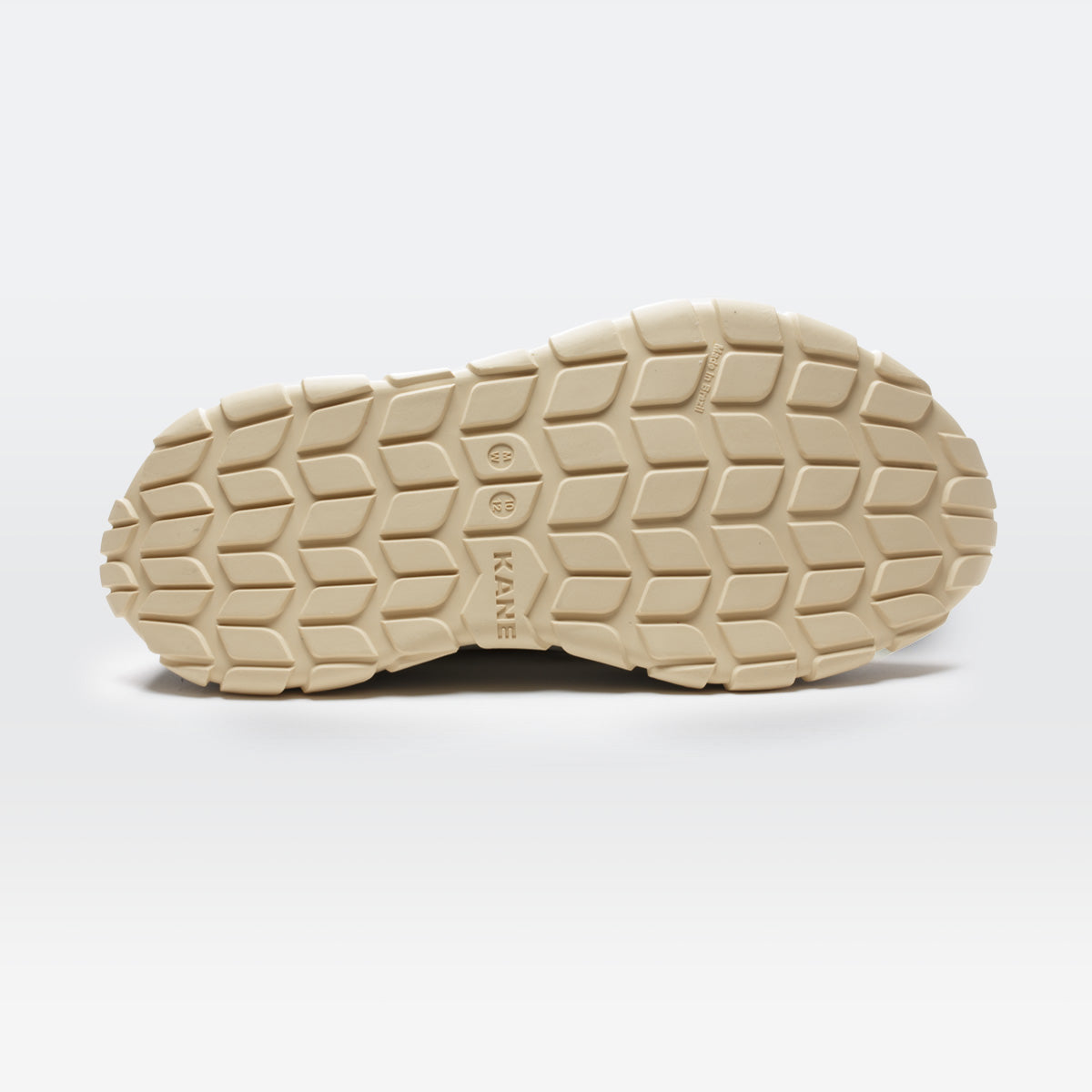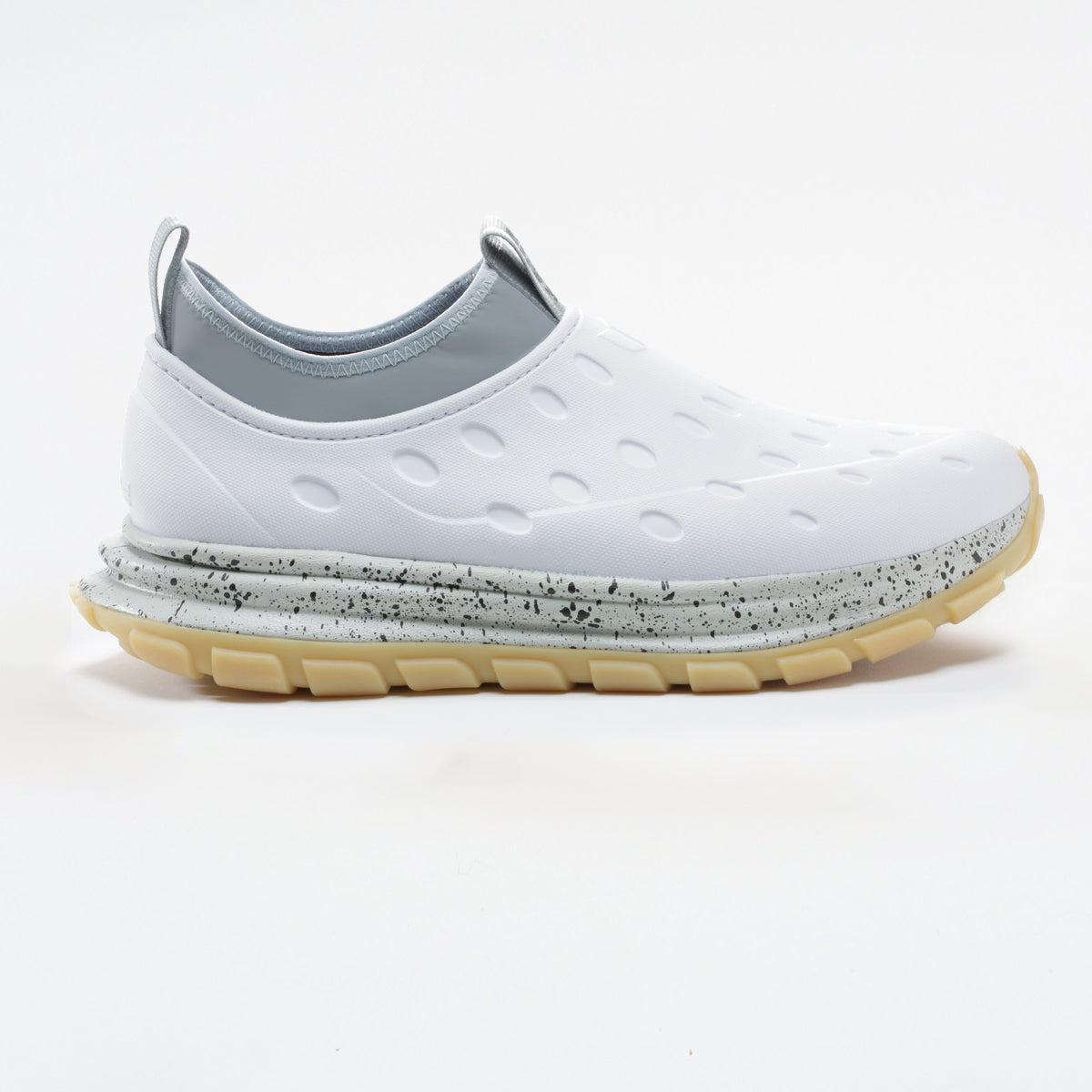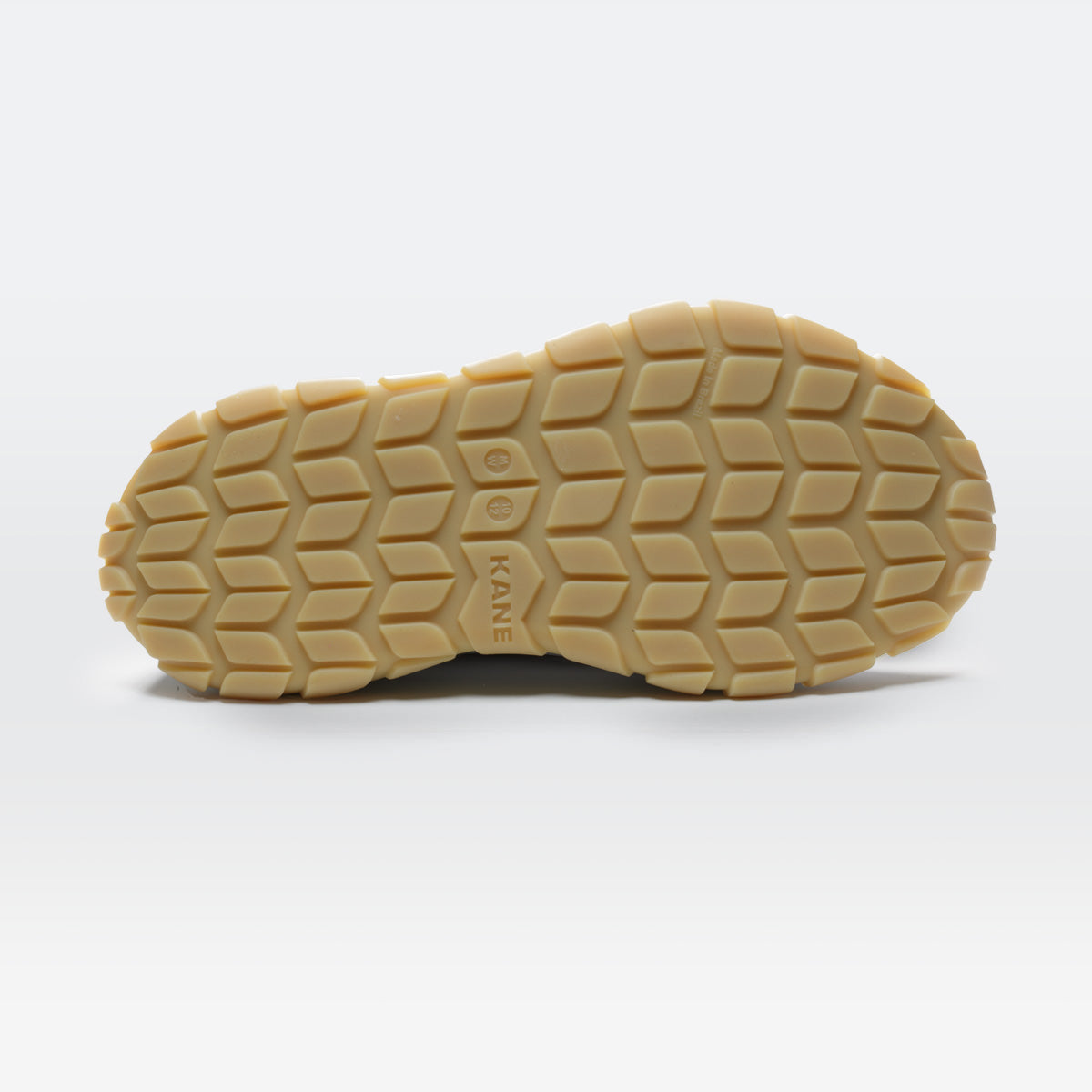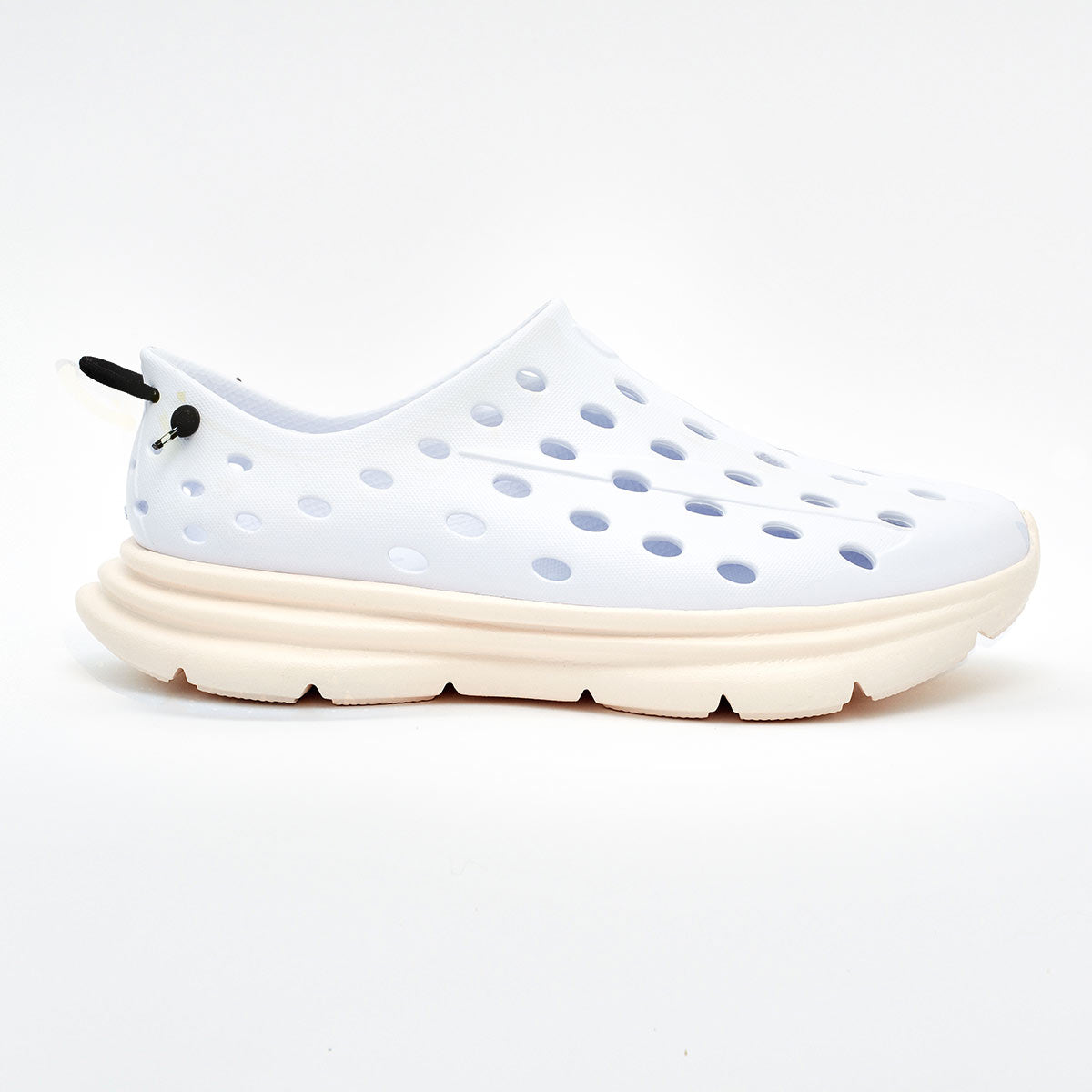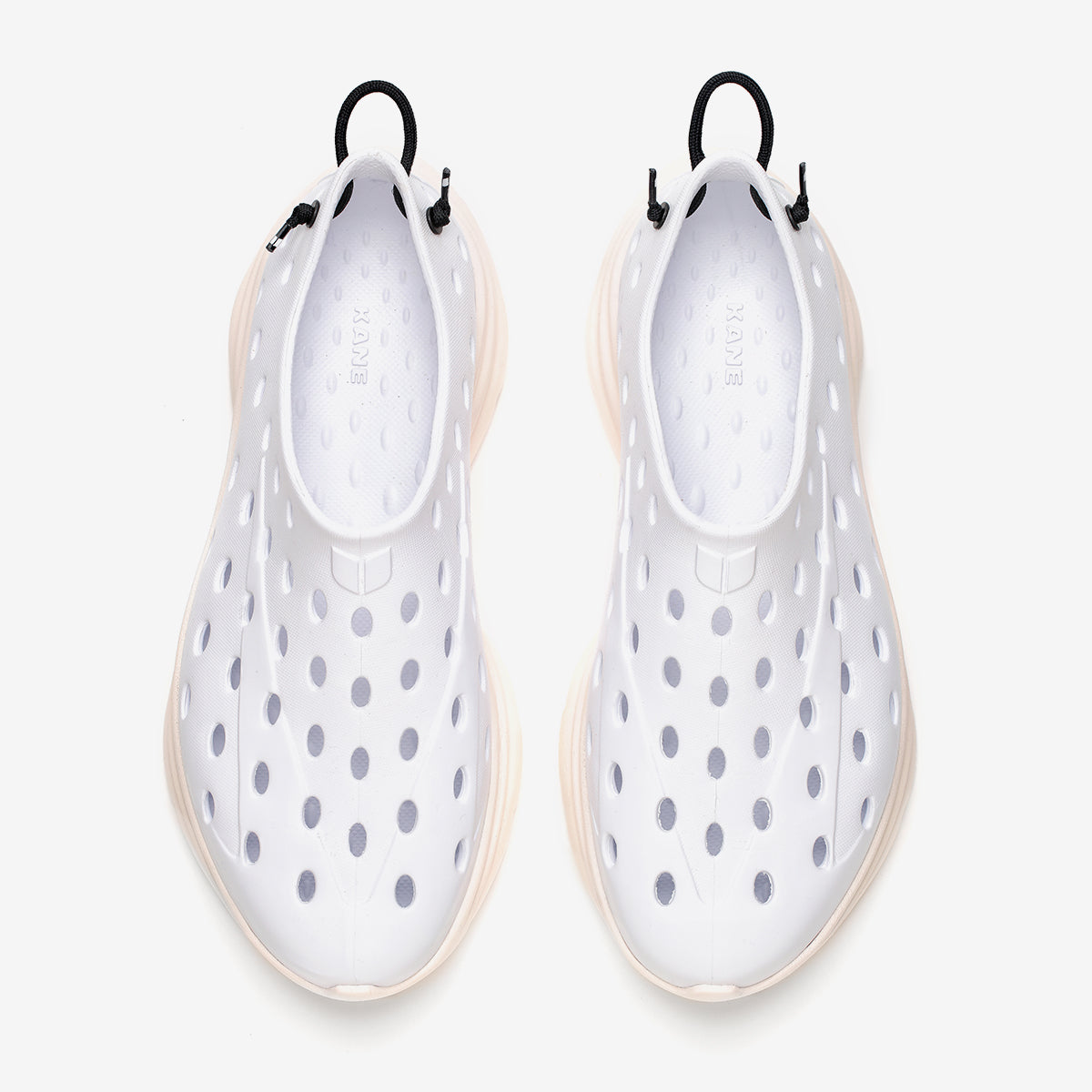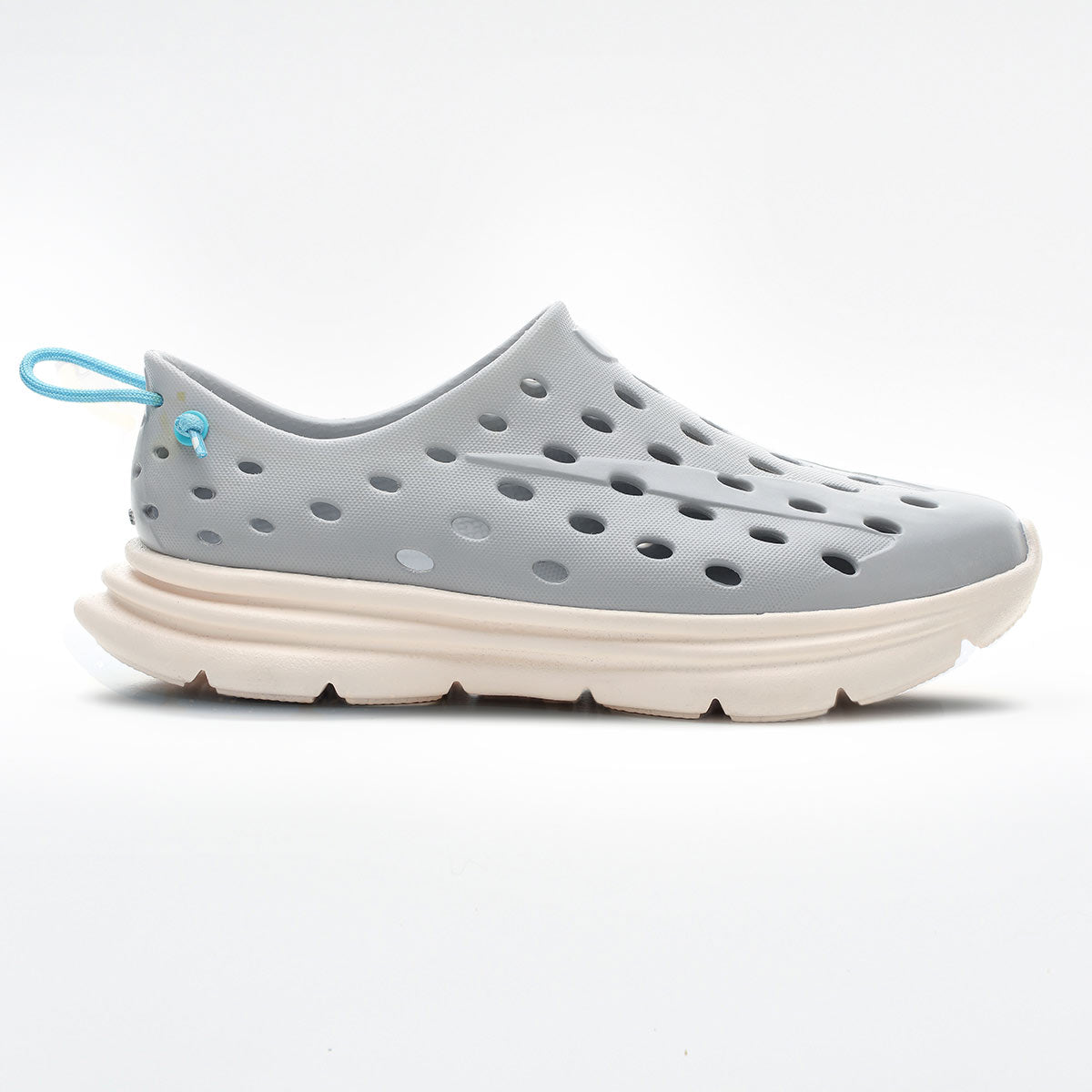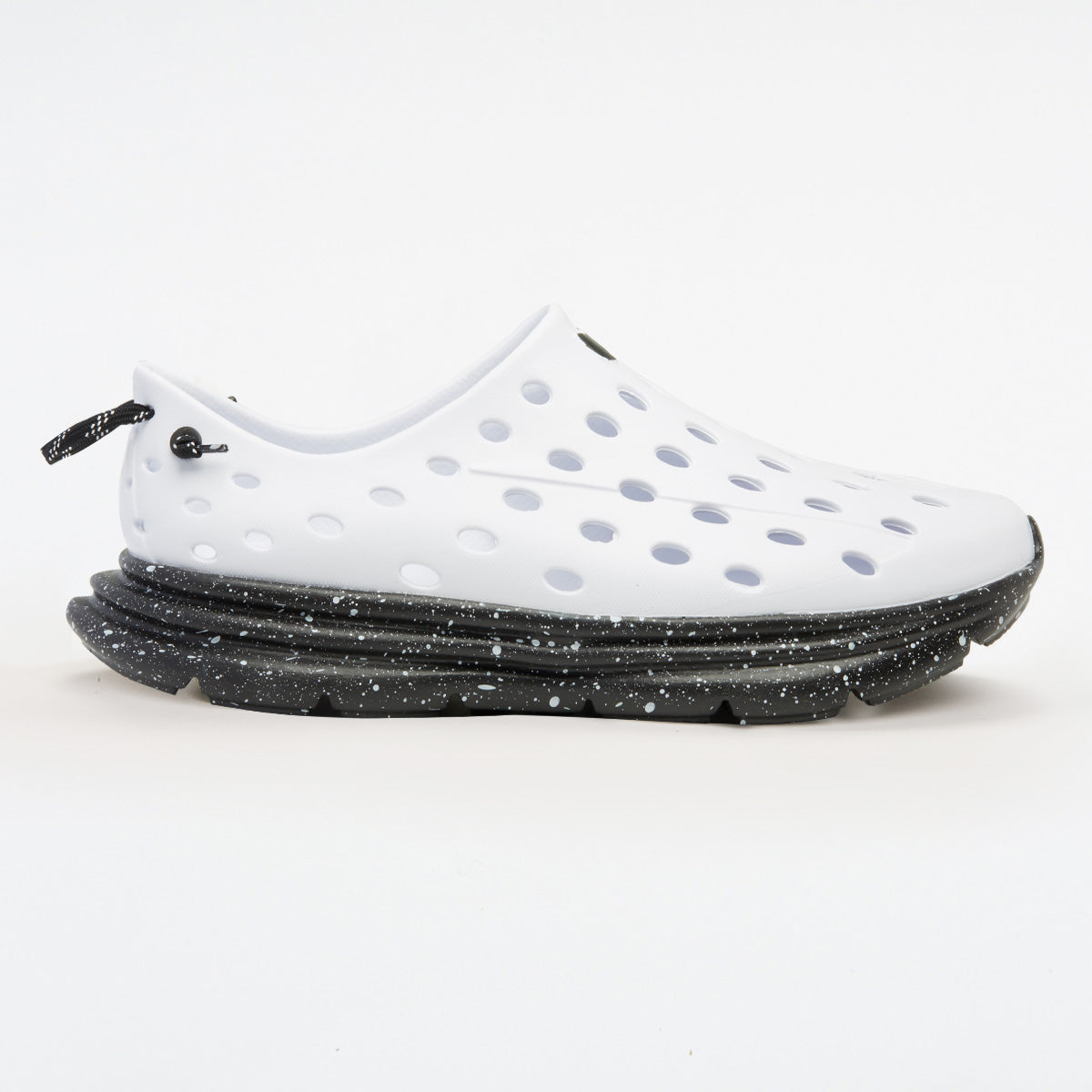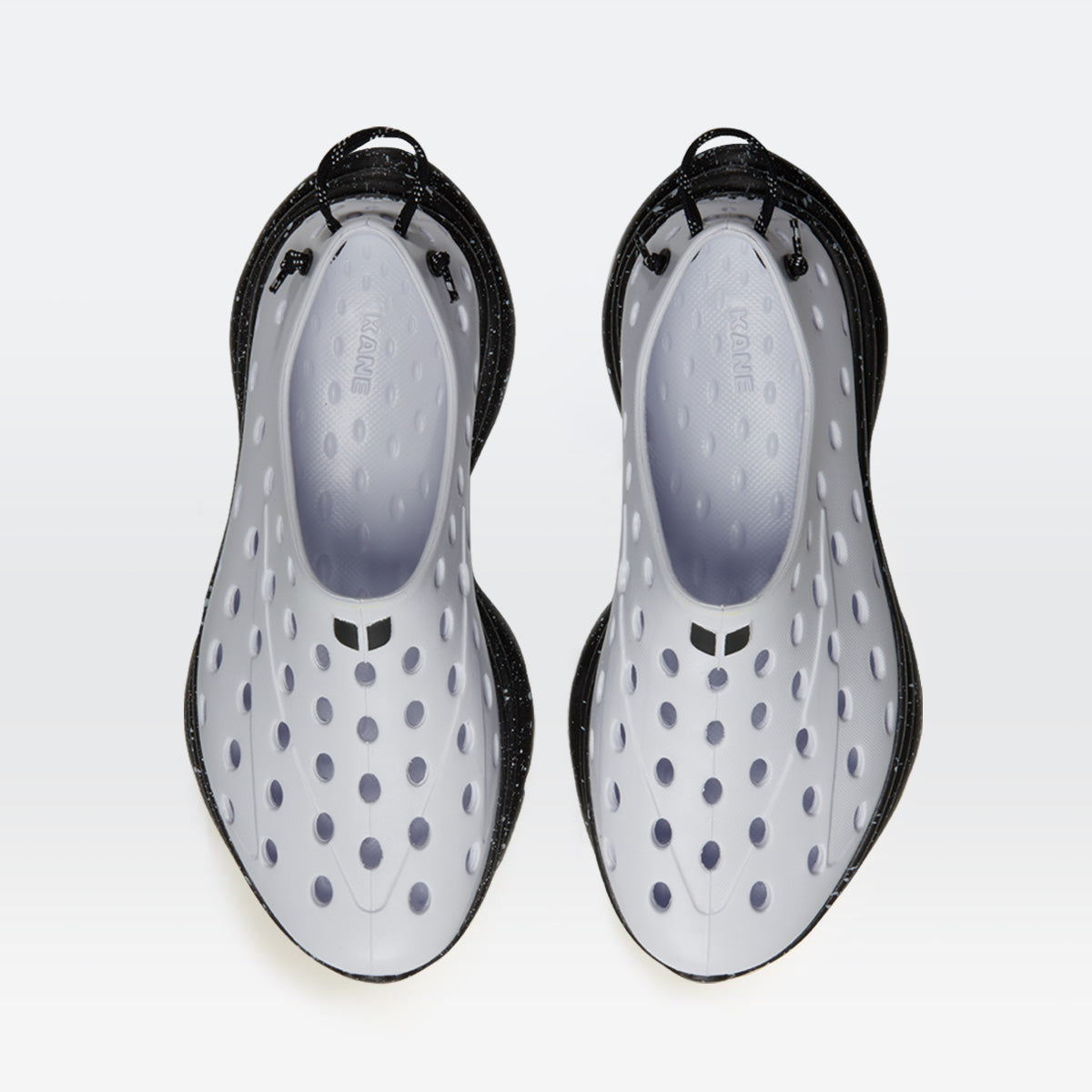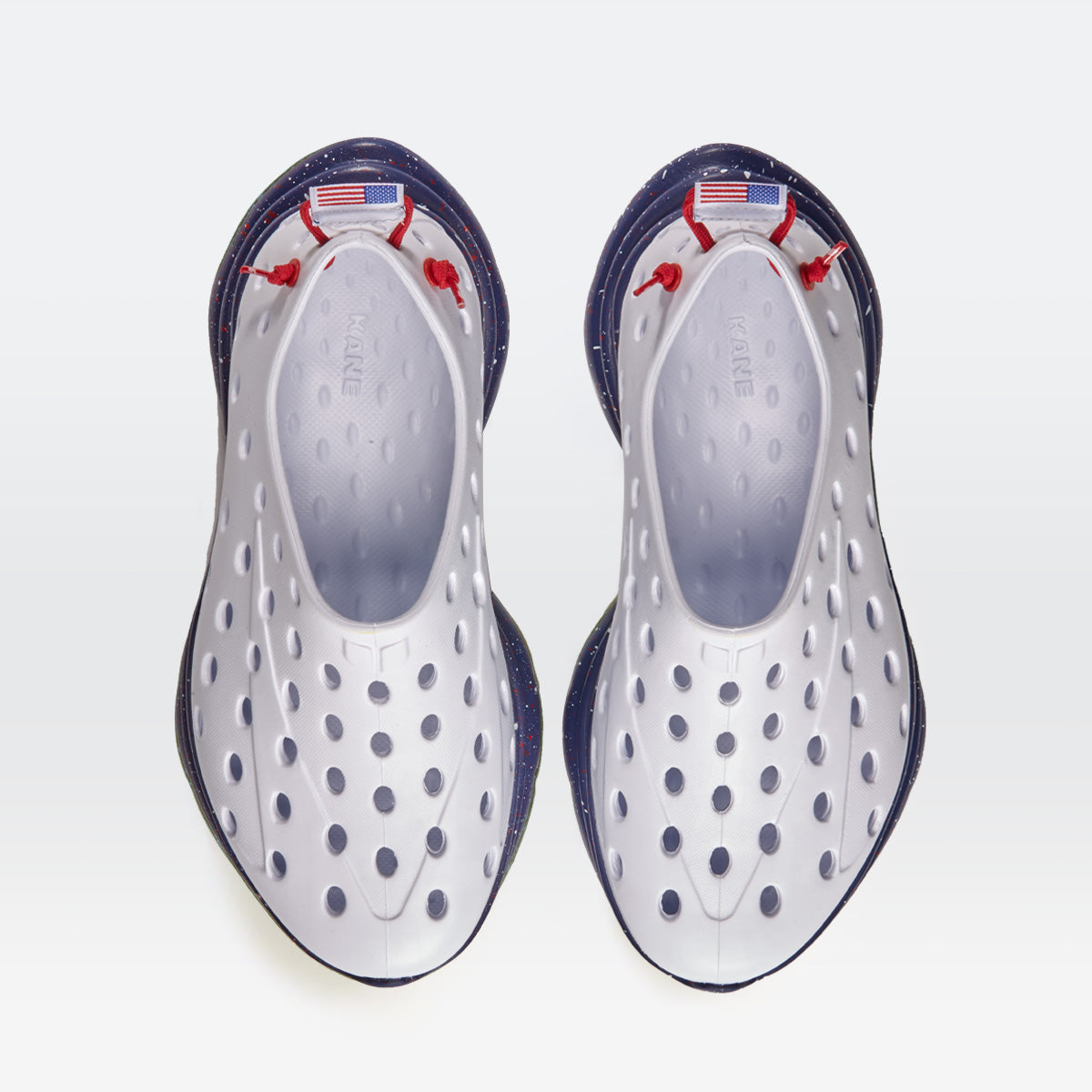In the eternal quest for balance between a social life and a fitness routine, the morning after indulging in a few too many drinks often poses a common dilemma: should you still lace up those running shoes or hit the gym to get your cardio in when a hangover hits?
The clash between the desire to maintain a consistent exercise routine and the reality of post-party symptoms leaves many wondering about the wisdom of working out with a throbbing headache and a queasy stomach.
We delve into the debate on whether exercising when you have a hangover is a good idea, exploring the potential benefits and drawbacks to help you make an informed decision about navigating the delicate balance between well-being and the morning after.
Is it OK to do an intense workout on a hangover?
We've all heard the advice to "sweat out" all the alcohol from our systems. However, exercising while hungover is generally not recommended. The aftermath of a night of drinking often includes fatigue and nausea, making strenuous exercise not just counterproductive but uncomfortable.
While light, low-intensity activities like walking may be acceptable for some, it's crucial to prioritize rest, hydration, and recovery when hungover.
Pushing yourself too hard in this state could end up making your hangover worse and increase the risk of injuries. Listening to your body and allowing it the necessary time to recuperate before engaging in intense exercise is usually the wisest course of action.
Risks of working out while hungover
It's generally not a good idea to exercise when hungover because of alcohol consumption physiological effects. Hold off on the gym workout or session with your personal trainer until you've fully recuperated and prioritize rest and recovery instead.
Why can exercise make you feel worse when hungover?
While there's no hard evidence researching the risks of exercising when hungover, factors such as lack of sleep, decreased cognitive ability, and dehydration can increase the risk of injuries. Here are key reasons why exercising while hungover can be risky and even make your condition worse:
1. Dehydration
Alcohol's diuretic effect leads to increased urine production, causing you to become dehydrated. During exercise, you lose additional fluids through sweat, amplifying the risk. Insufficient fluid levels can result in dizziness, muscle cramps, and a compromised ability to regulate body temperature, heightening the likelihood of heat-related issues.
2. Impaired performance
Fatigue, headaches, and stomach upset often follow the consumption of alcoholic beverages, which can impair physical and mental performance, including coordination, balance, and reaction time. Engaging in a high-intensity workout may be less effective and unsafe. Brain fog and compromised coordination increase the risk of accidents and injuries. Impaired motor skills can also lead to poor form during workouts, further elevating the risk of injury.
3. Electrolyte imbalance
Alcohol disrupts electrolyte balance, influencing the levels of sodium and potassium. Exercise-induced sweating exacerbates this imbalance, potentially leading to muscle cramps and weakness. Proper electrolyte balance is crucial for normal muscle function and overall physiological stability.
4. Increased heart rate
Drinking alcoholic beverages can elevate heart rate, and combining this with the natural increase in heart rate during a workout may place additional strain on the cardiovascular system. For individuals with underlying heart conditions, this heightened stress on the heart can pose serious health risks.
5. Delayed recovery
Drinking alcoholic beverages taxes the body's resources, and working out can further stress its ability to recover. Adequate rest and recovery are essential to repair muscle tissue, replenish energy stores, and prepare for the stress of exercise. Exercising without sufficient recovery time can lead to prolonged feelings of fatigue and hinder overall performance.
6. Digestive discomfort
Alcohol irritates the digestive system, contributing to sickness and an upset stomach. Engaging in vigorous activities can exacerbate these digestive issues, making the workout physically uncomfortable and potentially leading to more serious gastrointestinal problems.
7. Impaired decision-making
Being hungover can impair cognitive function and decision-making. Exercising with impaired judgment may increase the risk of accidents or injury during a workout.
Hangover symptoms
A hangover has many different effects on our bodies. You get dehydrated, making you thirsty and a bit shaky. Then there's acetaldehyde, a byproduct of alcohol metabolism, causing many of those not-so-pleasant feelings associated with being hungover.
Inflammation adds to the mix, giving you headaches and muscle aches. And let's not forget the disrupted sleep, stomach irritation, and increased acidity, all contributing to that post-party blues.
Everyone's different, so your experience might vary based on factors like genetics and how well you've hydrated. To dodge the hangover blues, you could sip that drink a bit slower, stay hydrated, and grab a bite before the revelry begins—your future self might thank you.
What causes a hangover?
Ethanol, the psychoactive component in alcoholic beverages, triggers a range of physiological responses leading to the characteristic symptoms of a hangover. These include:
- Dehydration: Alcohol causes the body to produce more urine, worsening dehydration, which can result in signs such as thirst, dizziness, and lightheadedness
- Inflammatory response: Alcohol triggers an inflammatory response from the immune system, which can lead to decreased concentration, memory problems, and decreased appetite
- Irritation of the stomach lining: Alcoholic beverages can irritate the stomach lining, contributing to sickness and gastrointestinal discomfort
- Blood sugar changes: Alcohol can cause blood sugar levels to fall, which may contribute to feelings of fatigue and weakness
- Widening of blood vessels: Alcoholic beverages cause blood vessels to expand, which can lead to a pounding head in the short term and increased risk of high blood pressure (hypertension) in the long term
Factors such as genetics, drinking on an empty stomach, and using other drugs along with alcoholic beverages can also influence the severity of a hangover. Disrupted sleep and gastrointestinal irritation can contribute to the severity.
7 tips for preventing hangovers
Supposed "hangover cures" abound, from pickle juice to tomato juice and raw eggs. Not consuming alcoholic beverages is the most obvious way to prevent one, but if you do drink, the following evidence-based tips can help:
- Moderate drinking: Limiting the number of alcoholic beverages you consume is the most effective way to curb unwanted side effects the next day
- Stay hydrated: Drinking plenty of water before, during, and after consuming alcoholic beverages can help keep you hydrated
- Eat before drinking: Having a meal before a night out can slow the absorption of alcoholic beverages into the bloodstream, potentially reducing the impact
- Choose drinks wisely: Opt for drinks with lower congener content, as these compounds (substances other than ethanol produced during fermentation) are associated with more severe ill effects
- Get enough sleep: Sleeping well and taking it easy after a night out can support the body's recovery and reduce the likelihood of being hungover
- Consider supplements: Some evidence suggests that certain supplements, such as prickly pear or red ginseng, may affect the way ethanol is metabolized
- Avoid acetaminophen: Taking acetaminophen (Tylenol) to prevent hangovers is not recommended, as it can be toxic to the liver when combined with alcohol
Gentle exercises for hangover symptom relief
Extremely strenuous workouts such as lifting weights and high-intensity interval training are not advisable when hungover, but light physical activity may help you feel good by pumping up your endorphins. If you feel up to some movement, try low-intensity activities. Avoid anything too strenuous (even light jogging might be too much) and prioritize hydration and relaxation.
A leisurely walk is an excellent way to get moving without putting undue stress on your body. The fresh air can be invigorating, and the gentle movement can help improve circulation, potentially easing feelings of stomach upset. Aim for a relaxed stroll to enjoy the benefits without overexerting yourself.
Engaging in gentle yoga poses can provide a sense of relaxation and contribute to overall well-being. Opt for poses that focus on stretching and deep breathing, such as child's pose, cat-cow, or gentle twists. These movements can help alleviate tension and promote a sense of calm.
If you have access to a pool, a light swim can be a refreshing and low-impact way to get moving. The buoyancy of the water reduces stress on your joints, making it an ideal option for a light workout. Keep it casual, and enjoy the soothing effects of the water.
A casual bike ride at a comfortable pace can be a pleasant way to incorporate some light exercise. Cycling is low-impact and allows you to enjoy the outdoors while avoiding the intensity of high-intensity workouts. Choose a flat route and pedal at a relaxed speed.
Stretching exercises can be particularly beneficial for relieving muscle tension and improving flexibility. Focus on gentle stretches for major muscle groups like your neck, shoulders, back, and legs. Hold each stretch for 15 to 30 seconds, breathing deeply to enhance the relaxing effect.
Tai Chi involves slow, flowing movements that can enhance balance, flexibility, and mental focus. It's a low-impact exercise that promotes relaxation and mindfulness. Consider following a simple Tai Chi routine, focusing on the graceful and deliberate motions.
If you practice a gentle routine, Pilates can be helpful. Concentrate on movements that engage your core muscles and improve flexibility. Mat activities, especially those emphasizing controlled movements, can be beneficial without the risk of excessive strain.
Remember to listen to your body; if any exercise increases discomfort, stop or modify the activity. Hydration is essential, so drink water before, during, and after your workout to support your body's recovery. If you have any concerns or underlying health issues, consult with a healthcare professional before engaging in exercise, especially when hungover.
Frequently asked questions
Is it OK to work out when hungover?
It's generally not recommended to exercise with a hangover. While the enthusiasm is commendable, it might not be the best idea. You're likely dehydrated and exhausted—teamed up with exercise, you could end up feeling worse. Think muscle cramps, compromised coordination, and an overall unpleasant workout experience. Give yourself some TLC with relaxation, hydration, and maybe a gentle walk or light stretching for an endorphin rush instead. Your workout can wait until you're back at 100%.
Is it good to sweat out a hangover?
While some light exercise can be beneficial to get the body moving, "sweating out" a hangover may make it worse. Sweating will just end up making you more dehydrated. Drink plenty of water and electrolytes instead.
Is it good to run when hungover?
Going for a run while hungover may not be the best idea. When you're hungover, you're likely dehydrated, and you may be experiencing fatigue and nausea. Running can further dehydrate you and intensify these side effects. It's generally better to prioritize hydration, recovery, and relaxation. Allow yourself time to recover before engaging in vigorous exercise. If you feel up to it, a light walk may be a more suitable and gentler form of exercise. Listen to your body and avoid pushing yourself too hard.
Is it better to rest or be active when hungover?
Experts generally recommend relaxation when you're hungover. Drinking alcoholic beverages can make you dehydrated, bringing fatigue and other unwanted symptoms that exercise can exacerbate. Giving your body time to recover through relaxation, proper hydration, and a balanced diet is usually more beneficial than engaging in strenuous activities. However, you can consider light exercises such as gentle stretching or a short walk if you feel up to it and it doesn't worsen your symptoms. Listen to your body and prioritize recovery until you feel well enough to resume your usual activity level.
How do you beat an exercise hangover?
This term describes the physical sensations and discomfort some people may experience after a particularly intense or unfamiliar workout. It's important to note that this is not a medical term and doesn't refer to an actual hangover caused by alcohol consumption.
To alleviate and prevent a fitness hangover, start by prioritizing hydration and nutrition. Adequate water intake is essential for recovery, especially if you've consumed alcohol the night before. Replenish electrolytes through beverages like sports drinks or coconut water to restore the balance of essential minerals lost during intense exercise.
Nourish your body with a balanced meal containing carbohydrates, proteins, and healthy fats. Opt for nutrient-rich foods with antioxidants, such as fruits and vegetables, to aid in reducing inflammation. Allow your body ample time to recover; have a good night's sleep to support muscle repair and overall well-being.
Gentle movement to ease muscle soreness
Incorporate gentle movements, like walking, swimming or a light jog, to increase blood flow without straining your muscles. Consider using a foam roller and stretching exercises to alleviate muscle tightness and enhance flexibility. Apply ice or heat therapy to soothe sore areas and reduce inflammation.
If needed, non-prescription pain relievers like ibuprofen or acetaminophen can help ease muscle soreness, but use them cautiously and as directed. When introducing new or intense exercises, progress gradually to allow your body to adapt.
Ensure you include a proper warm-up and cool-down to prepare your body for exercise and ease the transition back to a resting state. Remember that individual responses to training and recovery vary, so pay attention to your body's signals and adjust your routine accordingly. If you have persistent pain or discomfort, it's best to consult with a healthcare professional, certified personal trainer or other fitness expert for personalized advice.







